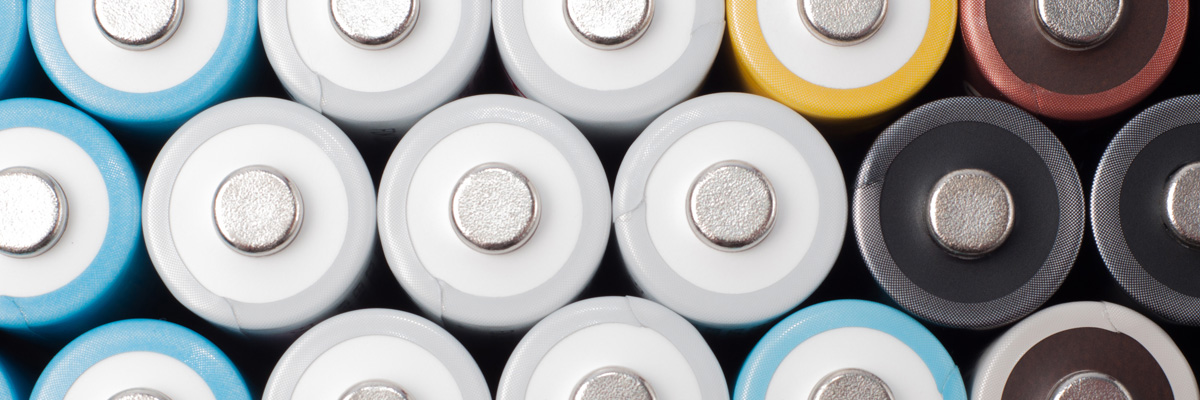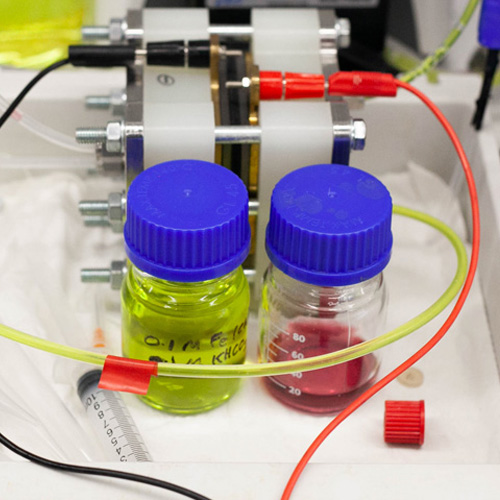About us
Electrochemistry involves driving reactions using electricity or generating electrical output using chemical or biochemical reactions. It is at the heart of the green revolution, whether it is energy generation and storage (solar cells, fuel cells, batteries), or revolutionising how chemical processes, catalysis and synthesis are done (generating green fuels and fine chemicals). Moreover, it is essential to analytical, biochemical and environmental research, from exploring new medical and environmental assays and devices to innovative drug delivery. Electrochemical processes are intrinsically interfacial and understanding the surface structure is crucial. At Lancaster we use a range of techniques to characterise the structure and properties of materials and how these impact their electrochemical performance. Lancaster University electrochemical research spans the quantum principles to applied processes, with topics including analysis, biology, computing, engineering, materials, physics, spectroscopy, and synthesis.














